Class 8 Geography Chapter 4 Important Question Answers - Industries
Q1: What is an industry, and how is it different from agriculture?
Ans: An industry is an economic activity concerned with the production of goods, extraction of minerals, or provision of services. Unlike agriculture, which primarily involves growing crops and rearing animals, industries transform raw materials into finished goods or provide services.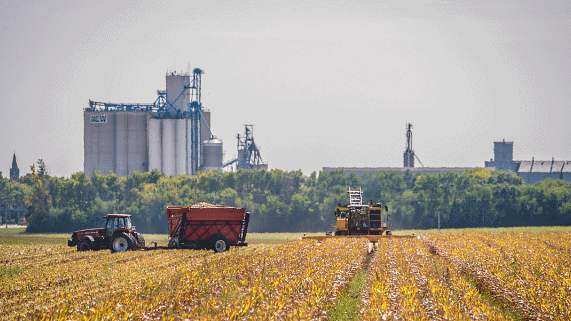 Industry And AgricultureQ2: How are industries classified based on raw materials?
Industry And AgricultureQ2: How are industries classified based on raw materials?
Ans: Industries are classified based on raw materials as agro-based (using plant and animal products), mineral-based (using mineral ores), marine-based (using products from seas and oceans), and forest-based (using forest produce).
Q3: Describe the factors that influence the location of an industry.
Ans: Factors influencing the location of industries include the availability of raw materials, labor, capital, power, transport, water, and market. Sometimes, government incentives also play a role in industrial location.
Q4: What is the difference between small scale and large scale industries?
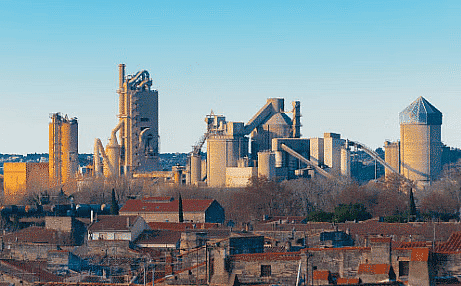 Large Scale IndustryAns: Small scale industries use lesser amounts of capital and technology and produce smaller volumes of products, like handicrafts. Large scale industries, on the other hand, involve large capital investment, advanced technology, and produce goods on a large scale, such as automobiles and heavy machinery.
Large Scale IndustryAns: Small scale industries use lesser amounts of capital and technology and produce smaller volumes of products, like handicrafts. Large scale industries, on the other hand, involve large capital investment, advanced technology, and produce goods on a large scale, such as automobiles and heavy machinery. Small Scale IndustryQ5: Explain the concept of industrial regions.
Small Scale IndustryQ5: Explain the concept of industrial regions.
Ans: Industrial regions are areas where a number of industries are concentrated due to favorable locational factors. These regions benefit from shared infrastructure, services, and resources, leading to industrial growth and economic development.
Q6: What are the major types of industries based on ownership?
Ans: Industries based on ownership are classified into private sector (owned by individuals or groups), public sector (government-owned), joint sector (jointly owned by the government and private parties), and cooperative sector (owned and operated by suppliers or workers).
Q7: Why is steel known as the backbone of modern industry?
Ans: Steel is called the backbone of modern industry because it is a fundamental material used in building infrastructure, machinery, transport equipment, and in various industrial applications. Its versatility and strength make it indispensable in modern industrial development.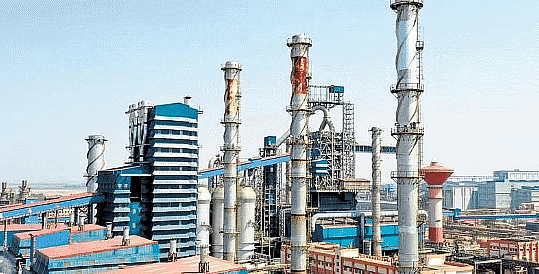 Steel PlantQ8: Discuss the environmental impacts of industries.
Steel PlantQ8: Discuss the environmental impacts of industries.
Ans: Industries can have significant environmental impacts, including pollution (air, water, and soil), resource depletion, habitat destruction, and contribution to global warming. Responsible and sustainable industrial practices are essential to mitigate these impacts.
Q9: How do cottage industries differ from other types of industries?
Ans: Cottage industries are small-scale industries where products are manufactured by hand at home by artisans. These differ from other industries in their scale of production, use of traditional methods, and typically lower reliance on technology.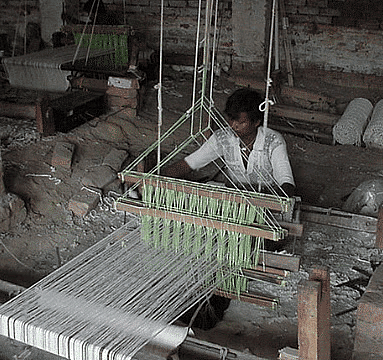 Cottage IndustryQ10: What are the components of an industrial system?
Cottage IndustryQ10: What are the components of an industrial system?
Ans: An industrial system consists of inputs (raw materials, labor, capital), processes (various activities that convert raw materials into finished products), and outputs (end products and the income earned from them).
Q11: Describe the role of government in the development of industries.
Ans: The government plays a crucial role in industrial development through policy-making, providing infrastructure, offering incentives and subsidies, ensuring a favorable business environment, and investing in public sector industries.
Q12: What is the significance of the iron and steel industry?
Ans: The iron and steel industry is significant due to its role in providing essential materials for other industries, such as construction, transportation, machinery, and defense, making it a key driver of industrial and economic growth.
Q13: Explain the concept of agro-based industries with examples.
Ans: Agro-based industries use agricultural products as raw materials. Examples include food processing, textile, and leather industries. These industries are vital for processing agricultural products and adding value to them.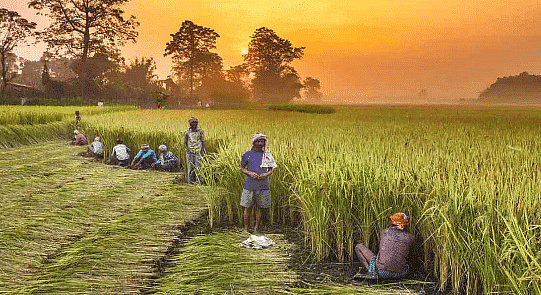 Agro-Based IndustryQ14: How does globalization affect industries?
Agro-Based IndustryQ14: How does globalization affect industries?
Ans: Globalization affects industries by increasing competition, providing access to global markets, enabling the transfer of technology and capital, and encouraging specialization based on comparative advantages. It also poses challenges like uneven development and susceptibility to global economic fluctuations.
Q15: What are some measures to reduce industrial disasters?
Ans: Measures to reduce industrial disasters include strict adherence to safety protocols, regular maintenance and inspection of equipment, proper training of workers, use of technology to monitor and manage risks, and having effective emergency response plans.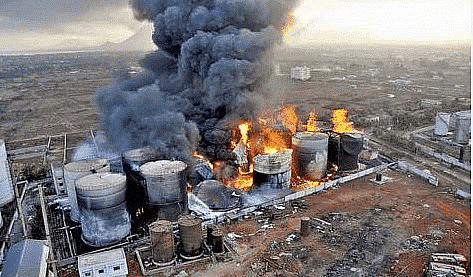 Industrial Disaster
Industrial Disaster
|
87 videos|558 docs|53 tests
|
FAQs on Class 8 Geography Chapter 4 Important Question Answers - Industries
| 1. What are the different types of industries? |  |
| 2. What is the importance of industries in the economy? |  |
| 3. How does industrialization impact the environment? |  |
| 4. What are the challenges faced by industries in today's globalized world? |  |
| 5. How can industries contribute to sustainable development? |  |

















